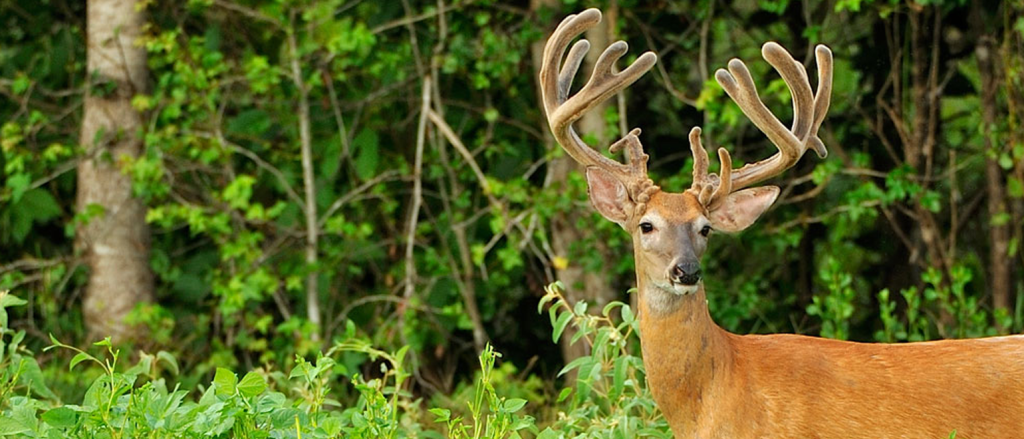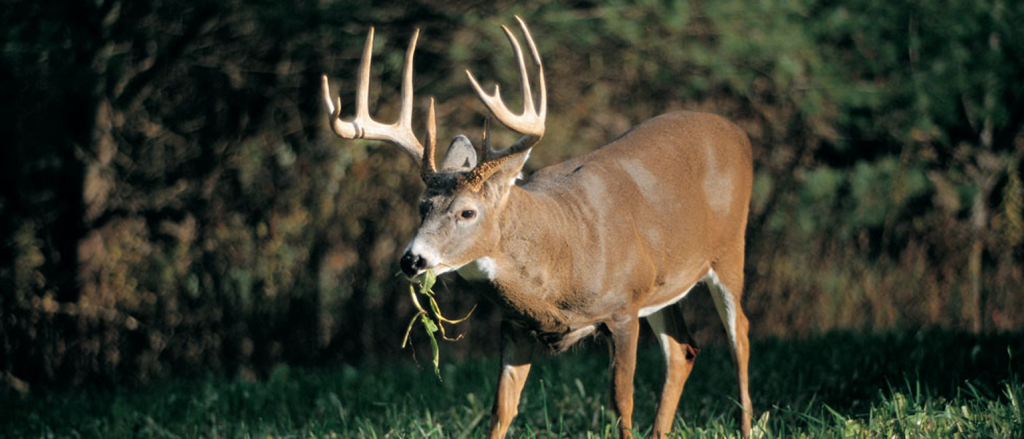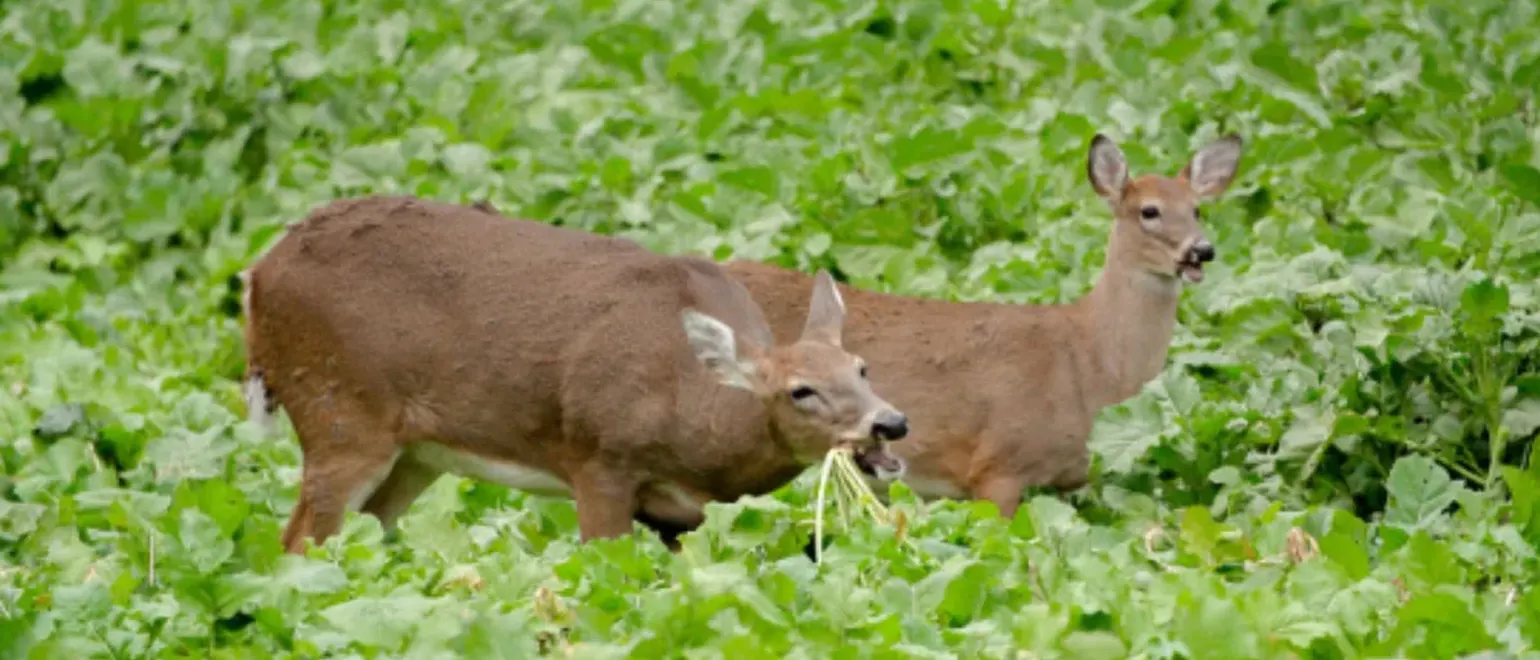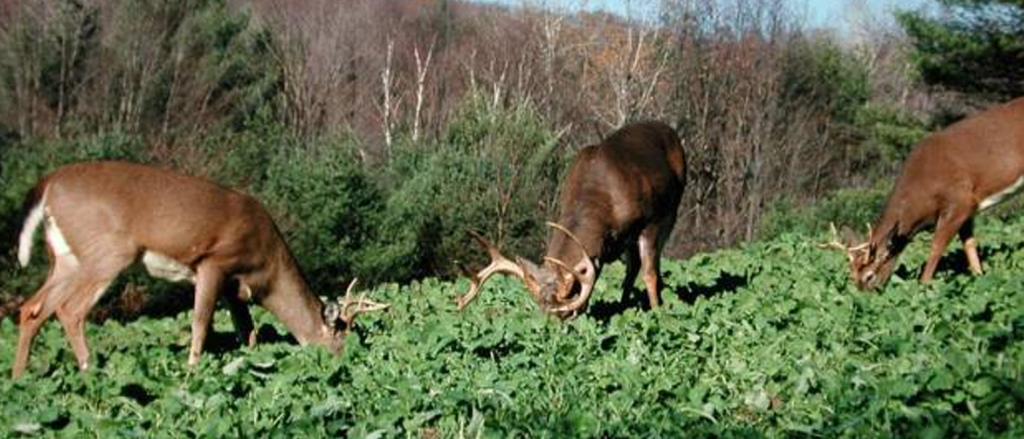
Creating the best deer food plots isn’t just about what you plant—it’s about where, when, and how you plant it. A successful food plot requires thoughtful planning, soil understanding, and a keen eye on seasonal patterns. While there’s no one-size-fits-all answer, choosing the right blend and planting strategy can transform your hunting property and keep deer coming back year after year.
Why Variety is Key to the Best Deer Food Plots

Deer are selective feeders, constantly shifting to the most appealing and nutritious food source available. This natural behavior makes it vital to plant a diverse mix of crops across your property.
By offering a buffet of options—such as clover, brassicas, cereal grains, and legumes—you increase the chances of having something deer want to eat during every season. For instance:
- Spring & Summer: Clover and alfalfa offer protein for antler and fawn development.
- Fall: Brassicas, oats, and winter rye become highly attractive as temperatures drop.
- Winter: Standing corn or soybeans and winter wheat provide critical late-season nutrition.
Even on small plots, mixing seed types ensures your land remains attractive all year, regardless of changing food preferences or weather conditions.
Timing and Location: How to Plan the Best Deer Food Plots

1. What time of year do I want to attract deer?
2. Where are the deer bedding and what are the dominant wind directions?
3. Is it a sanctuary plot or a hunting plot?
- Sanctuary plots provide uninterrupted food sources where deer can feed safely, building trust and keeping them on your property longer.
- Hunting plots are strategically placed for visibility and access, offering better shot opportunities.
Soil and Maintenance: Foundations of the Best Deer Food Plots
No matter what you plant, soil quality makes or breaks a food plot. Conduct soil tests to check pH and nutrient levels, then amend with lime or fertilizer as needed. Proper seed-to-soil contact, adequate sunlight, and timely rainfall all factor into whether your plot thrives.
Even the best deer food plots require maintenance—mowing clover, re-seeding bare patches, and checking for weeds can prolong plot effectiveness and keep deer coming back.
LandLeader: A Strategic Partner in Land and Wildlife Management

Whether you’re buying your first hunting property or optimizing one you already own, LandLeader provides the expertise and platform to support your goals. With a strong focus on land stewardship and rural property marketing, LandLeader helps landowners maximize their property’s potential—from food plot design to long-term wildlife management.